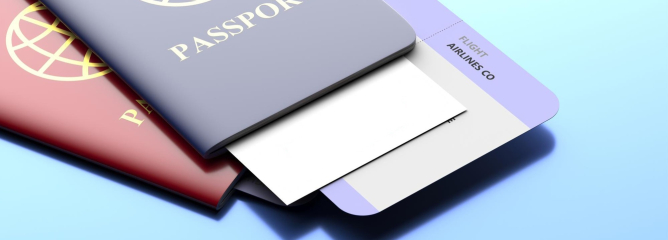
Grenada is an island country located in the Caribbean Sea, south of the island of Saint Lucia and north of Venezuela. It is part of the Lesser Antilles in the West Indies.
The capital is the city of St. George, which is located on the southwest coast of the main island of Grenada.
Officially, the head of the country is the monarch of Great Britain, who is represented by the governor-general, but who participates only in official and ceremonial events. The basis of power in the country is the multi-party parliament, which consists of the Senate and the House of Representatives. Members of the Senate are appointed by the government and the opposition, while members of the House of Representatives are elected by the country's citizens in elections.
The climate is tropical marine. Warm and high humidity all year round. Temperatures on the island typically range between 24-30°C (75-86°F) throughout the year. There are two rainy seasons - the main season from June to November and a less intense season from December to May. The country also periodically faces hurricanes.
The population is about 113,000 people (2021).
The official language of Grenada is English. The use of Creole is also common in Grenada.
Grenada's economy is based on a variety of industries, but the key ones are agriculture, tourism and international finance. Here are more details:
Grenada is also called the “Island of Spice” - the main agricultural crop is nutmeg, which is famous for its quality and is used in the production of special drinks. Cocoa and spices such as cinnamon and cloves are also produced on the island.
Tourism. Tourism is one of the important sources of income for Grenada. The island attracts tourists with its beautiful beaches and underwater reefs. Tourism creates jobs and promotes infrastructure development. Grenada has various natural attractions such as Grand Etang Lagoon, Eraser Nature Reserve, Percy Botanical Garden, Concord Falls and many more.
International finance. Grenada is developing its financial industry, including offshore services and banking, to attract foreign investment and capital.
The standard of living in Grenada can vary depending on location and social status. Overall, the country has a relatively high standard of living for the Caribbean region, but inequality in income distribution still exists.
Grenada's medical system provides basic health care to the population. However, more serious medical services such as surgeries and specialized treatments may require medical travel insurance or medical care on the mainland.
Education in Grenada is accessible and compulsory for children up to 16 years of age. The education system includes primary, secondary and higher education. Grenada also has several universities and colleges.
Grenada citizenship by birth is granted to children of one or both parents who are Grenada citizens. It is also possible to obtain citizenship through naturalization.
It is worth noting that Grenada has a citizenship by investment program. Under this program, investors can obtain Grenada citizenship in exchange for certain investments in the country, such as real estate investments or venture capital investments.
